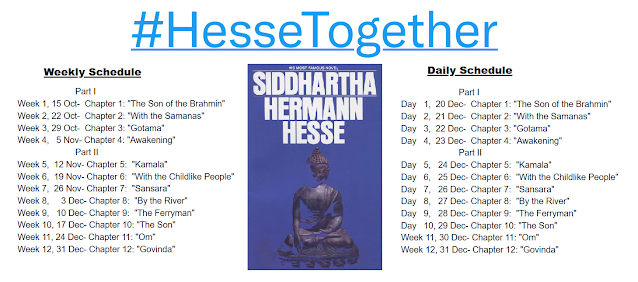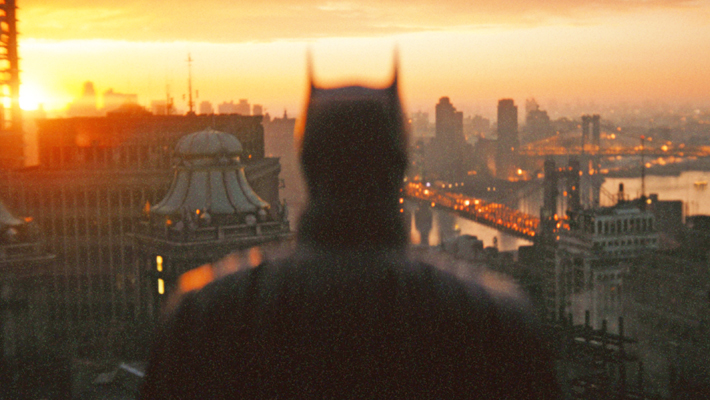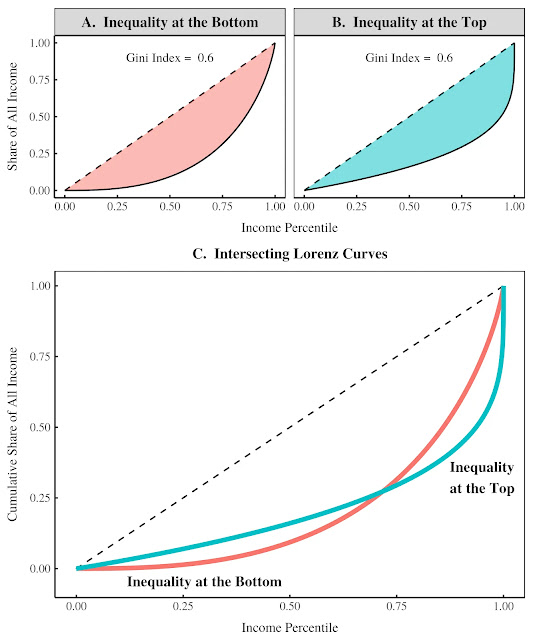Introduction
Siddhartha by Hermann Hesse is my favorite book. I've been reading it every year since I first read it in 2009. I read The Magic Mountain by Thomas Mann as part of a Twitter book club with the hast tag #MannTogether. I loved the book and the twitter experience. I'm recruiting thoughtful and passionate readers in hope of reproducing some of he magic with another German Nobel Laureate. Join the seekers and readers for Hermann Hesse's Siddhartha.
Siddhartha is a short and relatively easy read, unlike most of the
twitter book club reads (Infinite Jest, Proust, Ulysses, War and Peace,
etc). The book is broken into two parts with a total of 12 chapters,
~100-150 pages depending on the copy. Weekly reading would be like
watching a 13 episode series on TV. The audiobooks of Siddhartha are ~6-7
hours, so reading the book in one day or even one sitting is very
doable. I've read Siddhartha multiple times in one sitting. The book is
public domain, see below for free ebook and or audiobook.
For anyone new to Twitter book clubs, Click here to follow the hashtag #HesseTogether. You can follow #HesseTogether without a Twitter account. To participate in the book club tweet your thoughts, quotes, images, videos, articles, etc by adding the "#HesseTogether" in your tweets. If you'd like to find other twitter book clubs by following @literatureSC. If anyone knows a better method to search twitter book clubs coming up, please share them in the comments. If anyone knows of any great pre-reading talks, videos, articles, or images please share those too!
I have a few experimental ideas to pair with the reading. See the "Interactive Challenges and Activities" section below. I'm currently drafting the activities, check back later if they're still incomplete.
If this goes well, I'll probably do it again next year.
3 Options
There will be three options: weekly, daily, or in one sitting. All three options will finish Siddhartha by New Years Day!
There are several twitter book clubs in progress, so readers interested can choose whichever fits their schedule best and still enjoy the book club community.
Read the book weekly, daily, or in one sitting by New Years Eve or New Years Day 2023.
I'm planning to do all three. So no matter which option you choose, you'll have at least one person joining you. I also want to do a podcast series on the book. If you're interested in chatting for a podcast, message me on twitter or leave a comment. I'm potentially interest in any chapter, section, idea, or aspect of the book.
Weekly Schedule
Part I
Week 1, 15 Oct- Chapter 1: "The Son of the Brahmin"
Week 2, 22 Oct- Chapter 2: "With the Samanas"
Week 3, 29 Oct- Chapter 3: "Gotama"
Week 4, 5 Nov- Chapter 4: "Awakening"
Part II
Week 5, 12 Nov- Chapter 5: "Kamala"
Week 6, 19 Nov- Chapter 6: "With the Childlike People"
Week 7, 26 Nov- Chapter 7: "Sansara"
Week 8, 3 Dec- Chapter 8: "By the River"
Week 9, 10 Dec- Chapter 9: "The Ferryman"
Week 10, 17 Dec- Chapter 10: "The Son"
Week 11, 24 Dec- Chapter 11: "Om"
Week 12, 31 Dec- Chapter 12: "Govinda"
Daily Schedule
Part I
Day 1, 20 Dec- Chapter 1: "The Son of the Brahmin"
Day 2, 21 Dec- Chapter 2: "With the Samanas"
Day 3, 22 Dec- Chapter 3: "Gotama"
Day 4, 23 Dec- Chapter 4: "Awakening"
Part II
Day 5, 24 Dec- Chapter 5: "Kamala"
Day 6, 25 Dec- Chapter 6: "With the Childlike People"
Day 7, 26 Dec- Chapter 7: "Sansara"
Day 8, 27 Dec- Chapter 8: "By the River"
Day 9, 28 Dec- Chapter 9: "The Ferryman"
Day 10, 29 Dec- Chapter 10: "The Son"
Week 11, 30 Dec- Chapter 11: "Om"
Week 12, 31 Dec- Chapter 12: "Govinda"
Interactive Activities
Feel free to participate in any, all, or none of the activities. The activities are linked to the reading. They are intended to parallel Siddhartha's journey. This should be something enjoyable. Engage as a form of play with varying opportunities for fun, exploration, a new experiences, and if lucky enlightenment. If you're unsure about your ability to perform any of the following activities, please consult your physician.
The real reason for this is because I want to justify gambling (with fake money), see Activity 7.
- Activity 1- stand at attention. Set a timer and or stopwatch, and measure how long you can stand at attention without fidgeting, leaning body weight to a side, bending knees, etc. Also a good diagnostic for back strength. If you back is sore or aching, you probably need to strengthen your back.
- Activity 2- fast. It can be for any length of time, see intermittent fasting for ideas to fit your lifestyle.
- Activity 3- attend a local guru's lecture. It can be any topic. Find The One!
- Activity 4- when it is time to go home for the day, go somewhere else. (you can go home after the someone else if you choose).
- Activity 5- use your own imagination for this one!
- Activity 6- stop to spend time getting to know someone who Kamaswami would think is a waste of time and money.
- Activity 7- online poker night! They'll be two nights, one for the weekly and one for the daily. I'll share a link on twitter for everyone to join the same poker room. Maybe we can do a zoom conference and play poker. More details to come.
- Activity 8- find any body of water. Sit, relax, and appreciate the water.
- Activity 9- find someone who has a story to tell, listen to them and attempt to give them all your attention. Ask a question if you must, but don't share, just listen.
- Activity 10- discipline your child, they probably need it :).
- Activity 11 & 12- "Om!"
Public Domain Ebook and Audiobook
- Siddhartha at Standard Ebooks
- Siddhartha in German and English translation from Project Gutenberg
- Siddhartha public domain audiobook at LibriVox
Pre-Reading Resources







